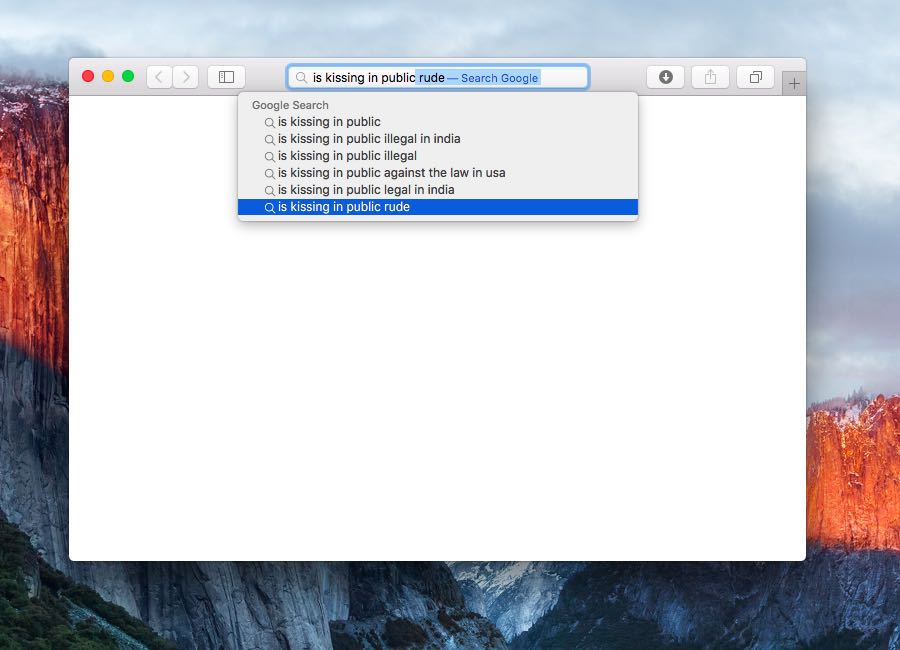

Google built their business on that they don’t need your help collecting their data. What they do with that data is the big differentiating factor: Apple’s business is not founded upon the idea of tracking and analyzing user data. Of course, it’s not exactly anonymous: Apple does collect information about Safari’s usage, though it’s mostly about how well websites run, and it’s obscured via differential privacy. Safari offers a fast, modern browsing experience without the looming specter of potential privacy invasions. If you sync your browser history with Google, it will automatically be added to “Web & App Activity”, which Google uses “to provide personalized Google products and services to you.” Google also uses aggregated, anonymized browsing data to “improve other Google products and services.” While this is far from specific, neither that language nor Chrome’s terms of use preclude selling ads based on browsing and search history, a core part of Google’s business.įor privacy-conscious users, this can be a little unpleasant. And while Google isn’t exactly looking over your shoulder at every page you visit in Chrome, it’s not far off. It’s obscured by anonymizing techniques, sure, but this still makes plenty of people a little uneasy.


Google makes their money by obtaining, retaining and using user information. What stands to make Safari better than Chrome? 1. As Mac devotee John Gruber says, “ Safari is a terrific browser.” It’s the only browser that feels designed to integrate with macOS, both technically and aesthetically. There was a time when Safari was a joke of a web browser, but that time has passed.


 0 kommentar(er)
0 kommentar(er)
